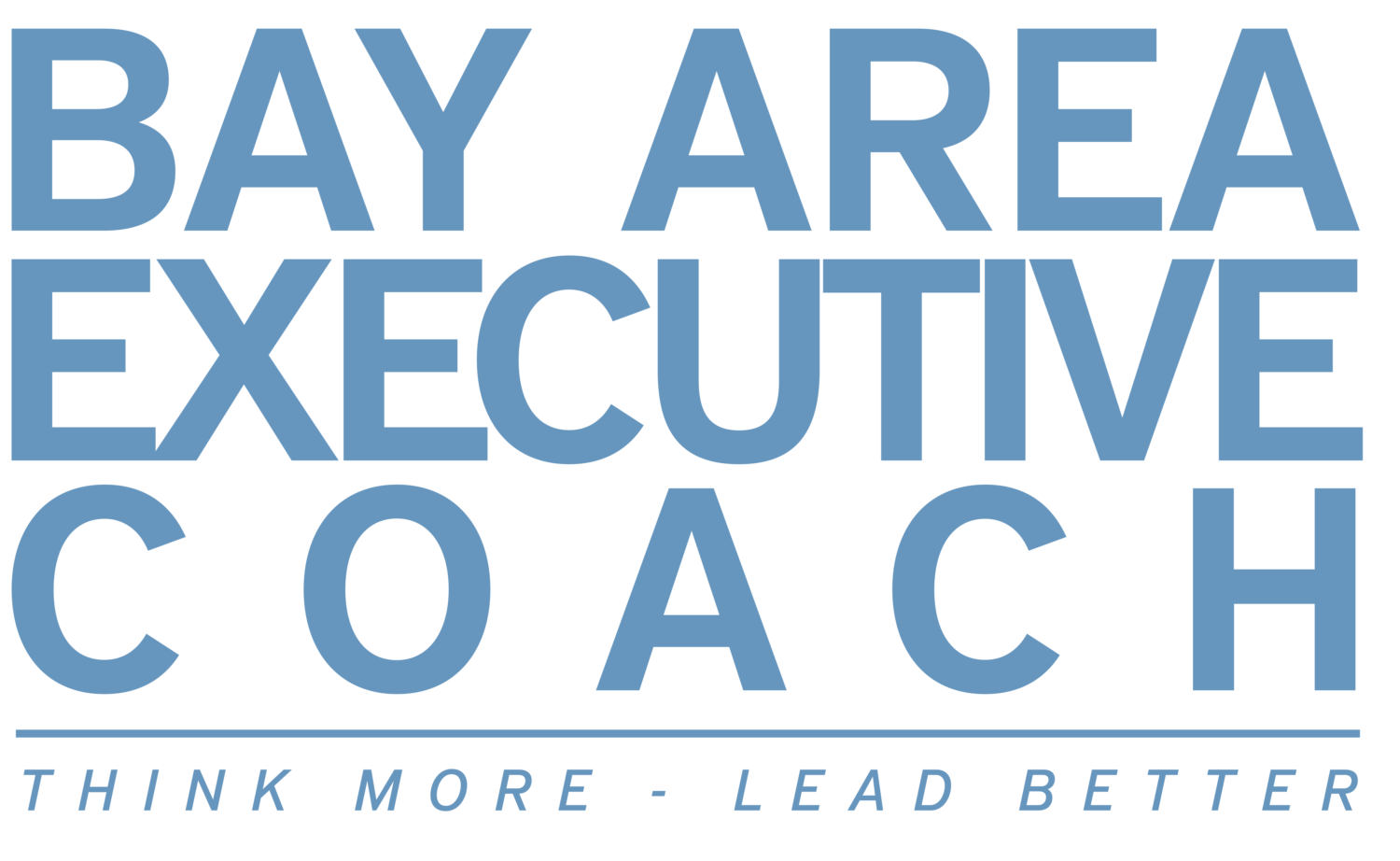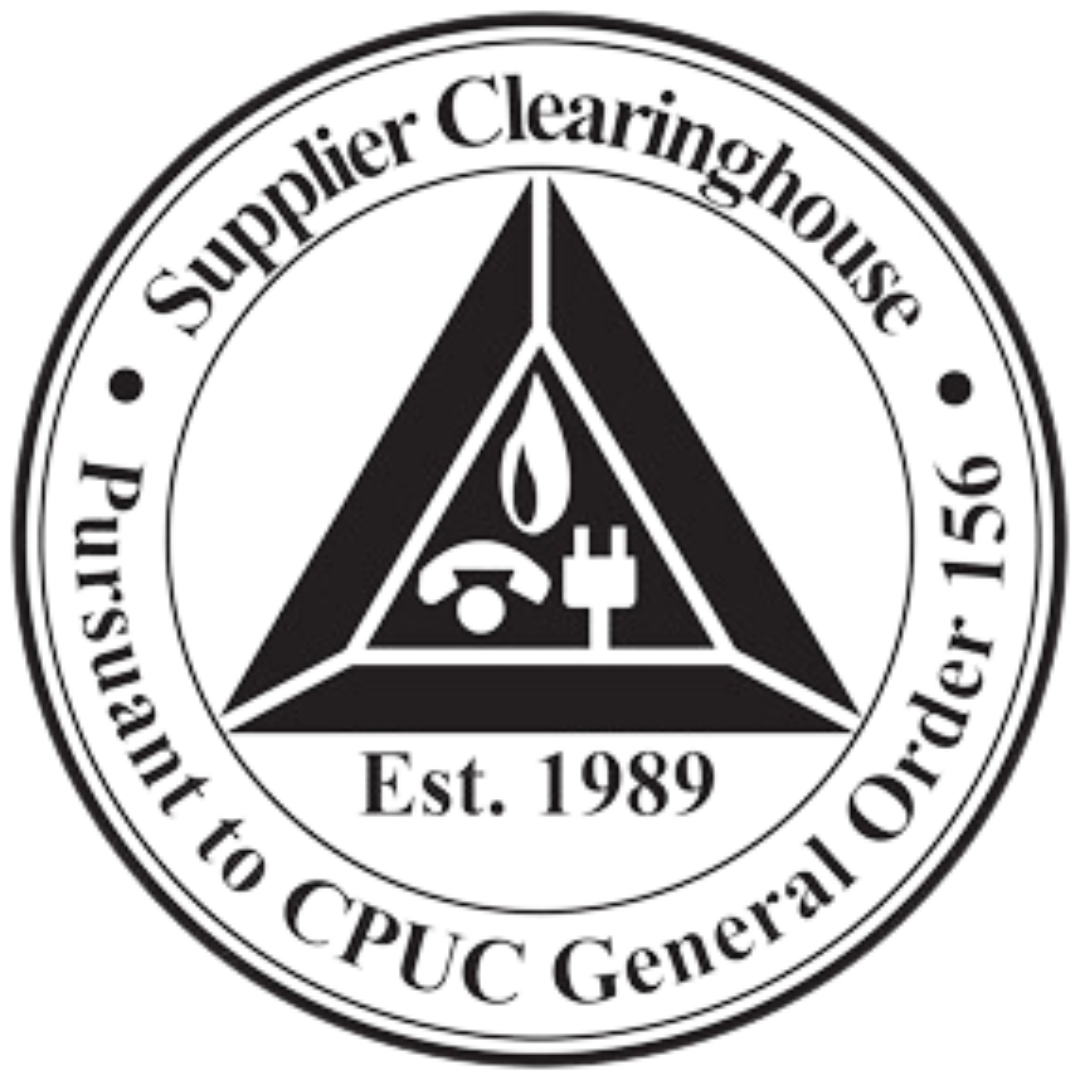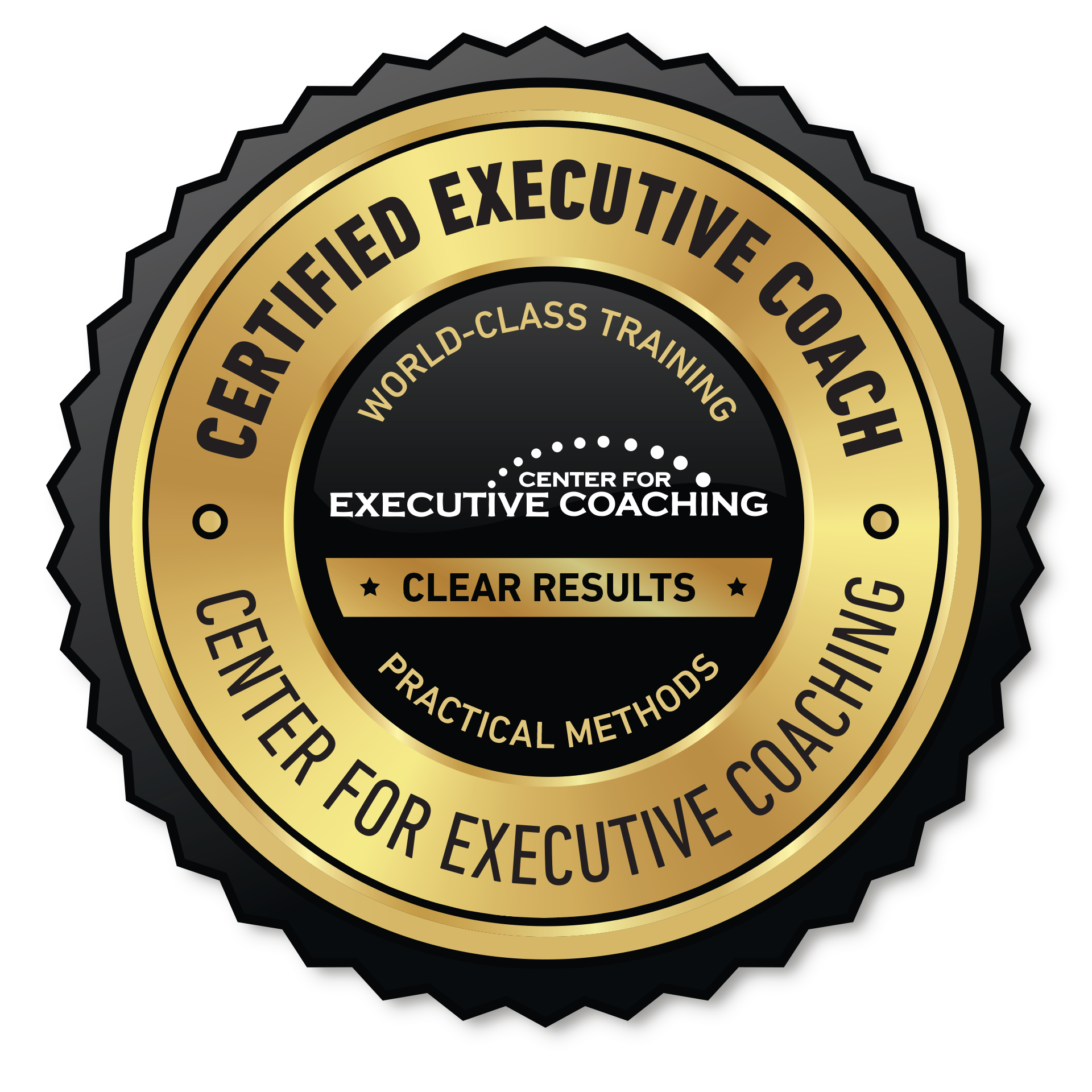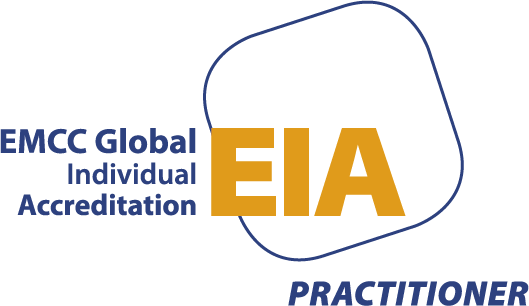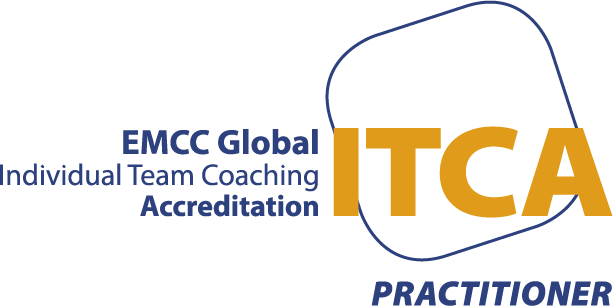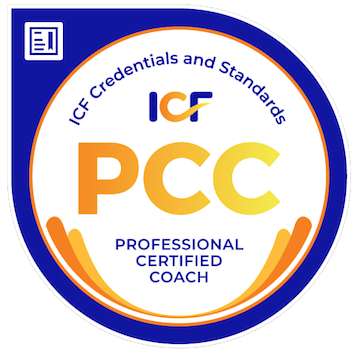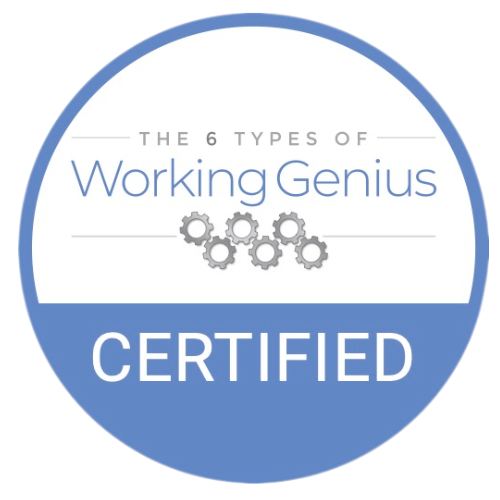 Executive coaching is often focused on helping leaders advance positive qualities they already possess, but have, for various reasons, failed to use to their full advantage. This was the case with one particular coaching client. While he was a reasonably kind and caring man away from the office, he all too often neglected to apply emotional intelligence skills when managing his project team members. This had team-wide detrimental effects. Fortunately, executive coaching creates an opportunity for individuals to recognize, analyze, and reverse such types of counterproductive behaviors.
Executive coaching is often focused on helping leaders advance positive qualities they already possess, but have, for various reasons, failed to use to their full advantage. This was the case with one particular coaching client. While he was a reasonably kind and caring man away from the office, he all too often neglected to apply emotional intelligence skills when managing his project team members. This had team-wide detrimental effects. Fortunately, executive coaching creates an opportunity for individuals to recognize, analyze, and reverse such types of counterproductive behaviors.
The Situation:
Mark (not his real name) was a partner at a successful professional services firm. A driven client-centric professional with a type A personality, Mark played an important role in the firm’s ongoing success. However, this success came at the expense of his team of junior support specialists who didn’t appreciate the demanding way Mark managed them. In fact, team members were rapidly losing their enthusiasm for working for Mark, with more than a few stating as such to the firm’s leadership. Mark kept on driving though as was his style formed over the many years he worked at the firm.
As staff support for Mark steadily dwindled, other partners in the firm began to worry about retention and project delivery capacity. With this in mind, the firm’s HR leader was tasked with finding an executive coach for Mark.

The Coaching:
Our introductory meeting with Mark went well. He admitted that he could probably collaborate more positively with junior staff and was amenable to exploring how coaching could help.
We suggested 6 months of one-to-one coaching with a focus on strengthening Mark’s application of emotional intelligence (EI). We began by administering the Genos Emotional Intelligence Leadership 360 survey, to gather feedback on those areas where Mark was underperforming as it related to EI.
As expected, there was critical feedback that Mark needed to accept and embrace as an opportunity to remake his leadership approach to junior staff. Thankfully, Mark did not deny the feedback and saw it as a clear indicator of where to lean in.
As the coaching began, an interesting insight came to light during the confidential coaching conversations. Away from the job Mark displayed a great deal of emotional intelligence when relating to family members and friends. Yet when Mark entered the work environment, he supplanted his naturally caring, empathic demeanor with an intense hard driving persona solely focused on solving his customers’ needs without enough regard for those of his teammates.
Our job as Mark’s coach was to guide him, over time, to overcome this tendency and to start viewing his staff in a different light. Essentially, he needed to act in ways that actively supported his staff instead of neglecting them or taking them for granted.
Realizing that Mark was by nature an emotionally intelligent person, as evidenced by his behavior outside of work, we fashioned a theme for the coaching engagement: “That little bit extra.” Mark found that he could express this theme in a number of ways. Some examples:
- When assigning his team a timeline for a project, Mark would ask team members empathic questions such as: “How does this timeline sit with you? Do you think you’ll need some additional help, support or guidance?” Along the way, Mark would check in with staff to ensure they were doing okay.
- When it came to his admin, Mark went out of his way at one point to express appreciation for their support and give a small gift.
- When meeting one-on-one with certain staff members to do a performance review, Mark would go out of his way to provide feedback in a constructive way, offer mentoring and talk about ways the employee could move towards partner status. As a partner himself, Mark wanted to position himself as someone who wanted to help the junior people advance.

The Results:
Over the course of our 6-month coaching engagement, Mark uncovered ways to express emotional intelligence at work through a heightened sense of empathy for others and a clearer sense of self-awareness about his own style and behavior. He came to realize that focusing strictly on the customer was counterproductive when it took away his ability to focus on the needs of his staff.
Mark knew that he was already an empathic person outside of work, and he now realized that by “giving a little bit extra” on the job he could become the kind of partner people liked working with. With an understanding of this mental shift and what it entailed, Mark found, in time, that his adapted managerial style became more natural and comfortable.
Mark was able to make the transition, because it was more an adjustment than a transformation. He just had to get creative and think of ways to project his emotional intelligence to his staff. Now with that said, it wasn’t necessarily the case that everyone quickly noticed the “new” Mark.
A challenge with this type of coaching engagement is that people don’t always believe someone has genuinely changed. It takes time for people to accept that someone is now acting and behaving differently. That’s a reason why coaching engagements typically last months and not weeks. If the person is able to maintain new behaviors over an extended period, people are more likely to believe that the person in question has genuinely changed for the better.
•••
Do you have a leader in your organization who needs to exercise emotional intelligence for the sake of greater collaboration and retention? Is the awareness there, but the practical understanding absent? We’re experts at helping leaders strengthen and apply emotional intelligence behaviors. We also work with teams to learn new ways to exercise EI for better team cohesiveness and sustainable results. Schedule a meeting with us to explore how our coaching programs can help you become the leader you strive to be.
Download this case study if you’d like a copy.
Photo copyright: Photos are from ©Canva.
